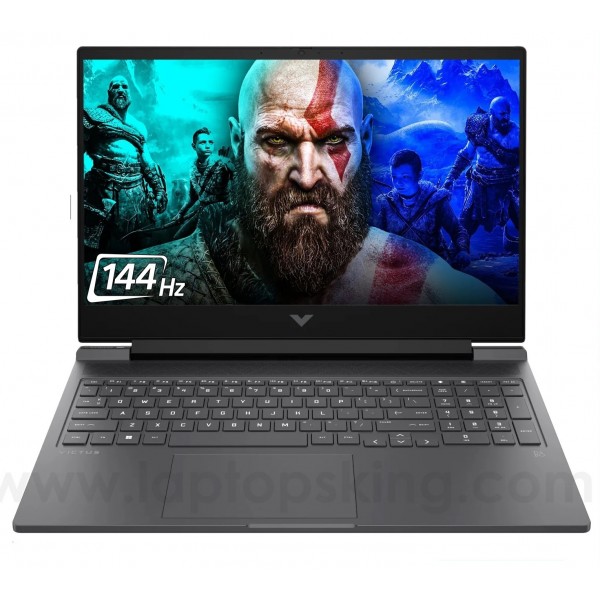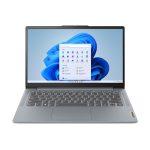Choosing the right laptop for programming can significantly impact your productivity and comfort as a developer. With a plethora of options on the market, it’s essential to focus on key features that cater specifically to programming needs. Whether you are a beginner coder or a seasoned software engineer, understanding the specifications and features relevant to programming will help you make an informed decision. This article outlines the crucial aspects to consider when selecting the best laptop for programming.
Performance: Processor and RAM
The Importance of a Powerful Processor
When it comes to programming, the processor serves as the heart of your laptop. A powerful processor enables you to compile code faster, run virtual machines, and manage multiple tasks simultaneously. Look for laptops with at least an Intel Core i5 or AMD Ryzen 5 processor, as these provide sufficient performance for most programming tasks. For more demanding applications, such as game development or machine learning, consider upgrading to an Intel Core i7 or AMD Ryzen 7 processor. The increased computational power ensures your laptop can handle intensive processes without lagging.
RAM: Ensuring Smooth Multitasking
The random access memory (RAM) of your laptop directly affects its ability to run multiple applications at once. As a programmer, you often find yourself using integrated development environments (IDEs), web browsers, and command-line tools simultaneously. For a smooth experience, aim for a minimum of 8 GB of RAM. However, if your work involves memory-intensive tasks like running virtual machines or large databases, consider opting for 16 GB or even 32 GB of RAM. This ensures that your laptop runs efficiently, without any slowdowns due to resource constraints.
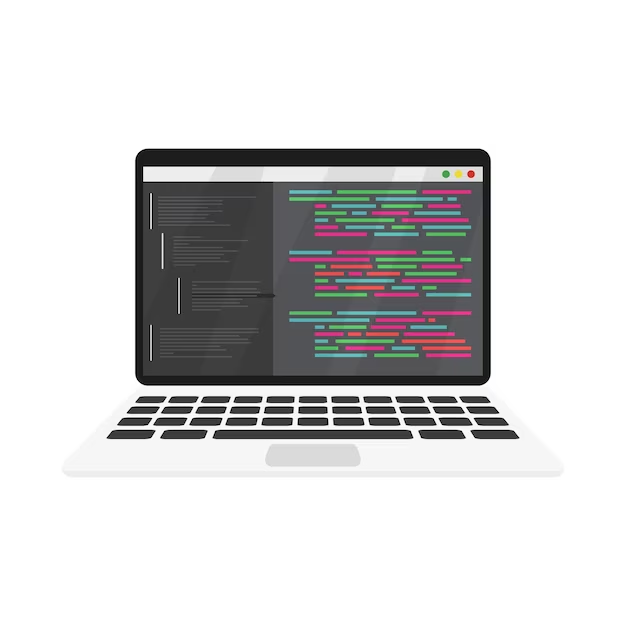
Storage Options: SSD vs. HDD
Understanding Storage Types
Storage plays a pivotal role in your laptop’s speed and overall performance. There are two primary types of storage: solid-state drives (SSD) and hard disk drives (HDD). SSDs are faster and more reliable than HDDs, significantly improving boot times and application launch speeds. As programming often involves accessing and writing files frequently, having an SSD can lead to a more responsive and efficient experience.
Recommended Storage Capacity
When selecting storage, consider how much space you will need for your operating system, development tools, and project files. A minimum of 256 GB SSD storage is advisable for general programming tasks. However, if you work with large projects or multimedia files, 512 GB or 1 TB of storage may be necessary. Many developers prefer hybrid setups that combine SSDs for primary storage with HDDs for additional capacity. This approach provides the best of both worlds: the speed of an SSD and the larger storage capacity of an HDD.
Display Quality: Size and Resolution
Choosing the Right Size
The size of your laptop’s display can significantly influence your coding experience. Most developers find that a screen size of 13 to 15 inches strikes a good balance between portability and usability. If you work extensively with multiple windows or require large screens for design work, consider models with a 15 to 17-inch display. Larger screens enhance productivity by allowing you to view more code or multiple applications simultaneously.
Importance of Resolution and Color Accuracy
Resolution also matters when it comes to display quality. A minimum resolution of 1920 x 1080 (Full HD) is essential for clear visibility, especially when reading smaller fonts or complex code. Higher resolutions, such as 4K, provide even greater detail and clarity but may drain battery life faster. Additionally, consider displays that offer good color accuracy and viewing angles. IPS panels generally provide better color reproduction and wider viewing angles compared to TN panels, making them a wise choice for developers who also engage in design work.
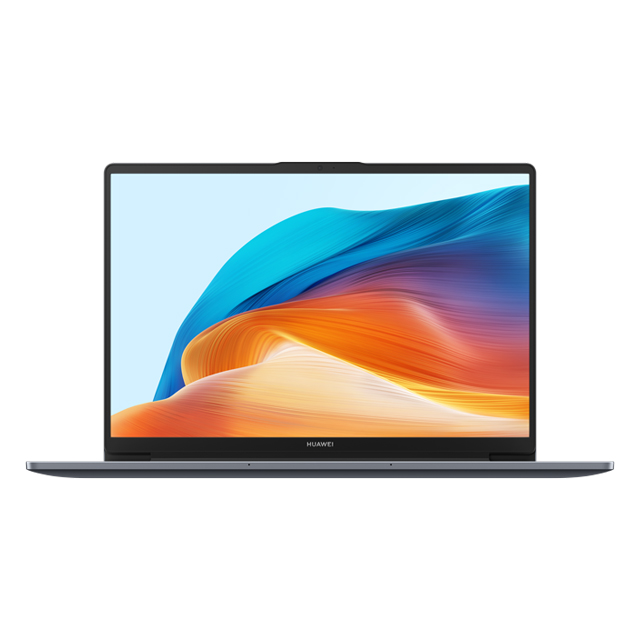
Battery Life: Staying Productive on the Go
Assessing Battery Performance
For programmers who often work remotely or need to travel, battery life becomes a critical consideration. A laptop with robust battery performance allows you to code without constantly searching for a power outlet. Look for devices that offer at least 8 hours of battery life, which is generally sufficient for a full day of coding.
Optimizing Battery Life
Also, consider how various factors can affect battery performance, such as display brightness and background applications. Many laptops come equipped with power-saving modes that optimize performance when necessary. Learning how to utilize these features can extend battery life even further. Efficiency also often correlates with the laptop’s components. Laptops with energy-efficient processors often result in better battery life, ensuring you remain productive even in power-limited situations.
Keyboard Comfort: Ergonomics and Feedback
Importance of a Comfortable Keyboard
A comfortable and responsive keyboard can drastically affect your programming productivity. Since coding involves extensive typing, ergonomics is critical. Look for laptops with well-spaced keys and ample travel distance. A backlit keyboard can also be beneficial for coding in dimly lit environments.
Testing the Keyboard
If possible, test the keyboard before making a purchase. Ensure that you can type at your natural speed without discomfort. Additionally, consider the layout—some developers prefer dedicated keys for functions like escape, page up, or delete, which can enhance usability. Also, check for the presence of a numpad; while some programmers might find it unnecessary, others may appreciate having it for numerical data entry.
Portability: Weight and Build Quality
Evaluating Portability
Portability plays a vital role for programmers who move around frequently. Generally, a laptop weighing between 3 to 4.5 pounds offers a good balance between performance and portability. Ultrabooks, which are lightweight and thin, often provide sufficient power for programming while being easy to carry.
Build Quality Considerations
In addition to weight, consider the build quality of the laptop. A durable chassis can withstand daily wear and tear, ensuring your investment lasts. Look for laptops made of quality materials, such as aluminum or magnesium alloys, which offer a premium feel and added durability. Checking user reviews for real-world experiences on build quality can also provide insight into how well a laptop holds up over time.
Operating System Compatibility
Choosing the Right OS for Development
Your choice of operating system (OS) can significantly affect your programming efficiency. Depending on your programming language and frameworks, different OS may offer better support. If you plan to develop iOS applications, for instance, you will need a macOS laptop, as Xcode is only available on Mac. Alternatively, if your work involves cross-platform development or web development, Windows or Linux machines may suit you better.
Installing Virtual Machines and Tools
If you need to use multiple operating systems, look for laptops with sufficient RAM and processing power to run virtual machines. This flexibility allows you to test and deploy your applications across different platforms, enhancing your overall development experience. Additionally, be aware of driver support and software availability for the OS you choose. Ensuring compatibility with your required programming tools can save you significant time and frustration while working on your projects.
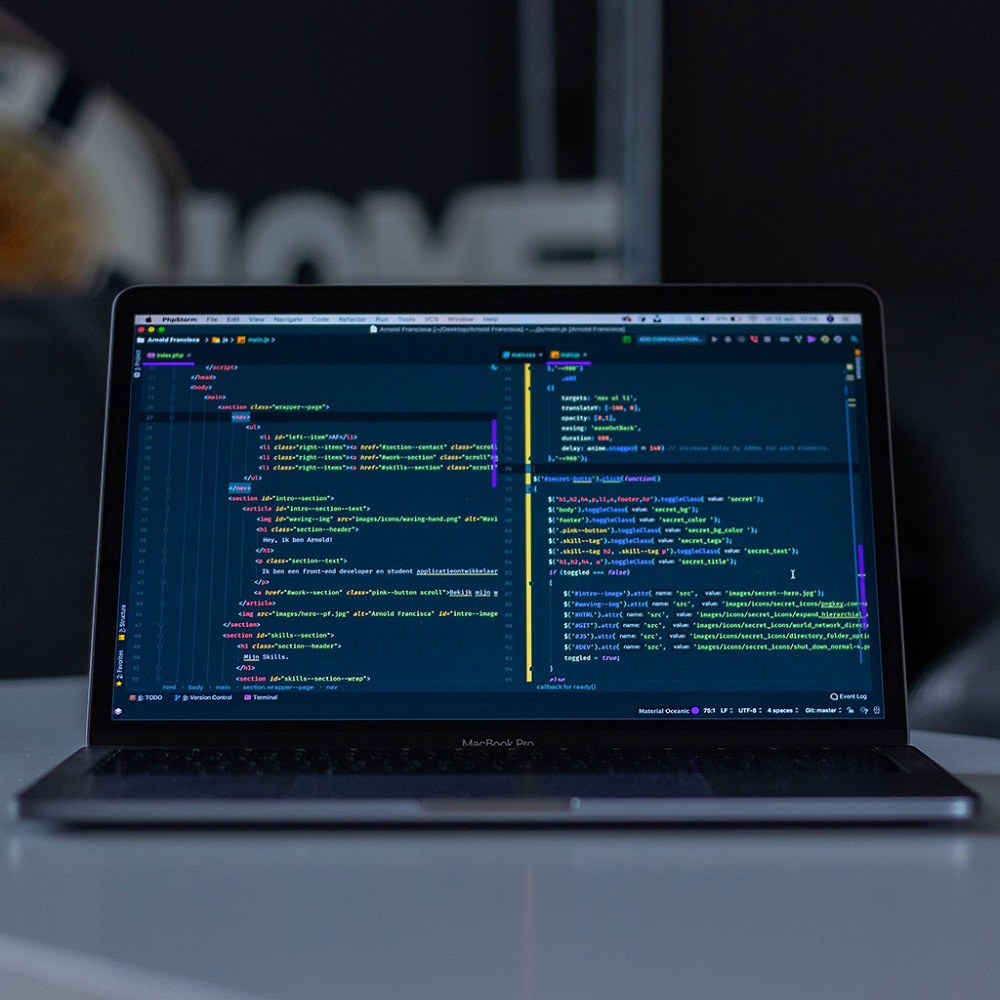
Making an Informed Choice
Choosing the best laptop for programming involves carefully considering various features that affect performance, comfort, and usability. By focusing on key elements such as the processor, RAM, storage options, display quality, battery life, keyboard comfort, portability, and operating system compatibility, you can make an informed decision that suits your specific programming needs.
Investing in a laptop that meets these criteria can greatly enhance your coding experience and boost productivity. As technology continues to evolve, stay up-to-date with the latest trends and innovations in laptops designed for programming. Remember that while it’s easy to feel overwhelmed by options, understanding your needs and preferences will guide you toward the ideal laptop. Ultimately, the right laptop will support your programming journey and empower you to create amazing projects, whether in your home office or on the go!
